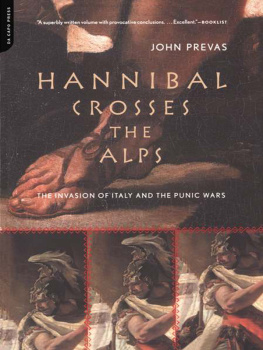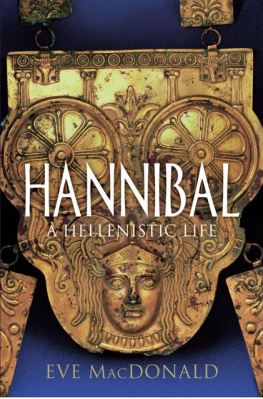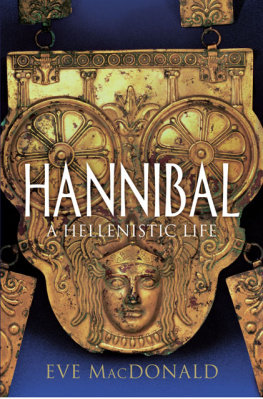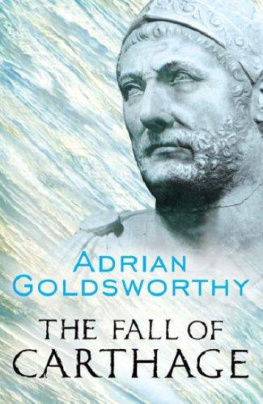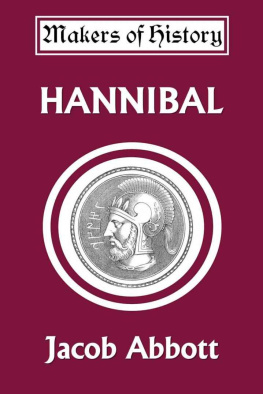All rights reserved. No part of this publication may be reproduced, stored in a retrieval system, or transmitted, in any form or by any means, electronic, mechanical, photocopying, recording, or otherwise, without the prior written permission of the publisher. Printed in the United States of America.
Cataloging-in-Publication data for this book is available from the Library of Congress.
First Da Capo Press edition 2001
Reprinted by arrangement with the author
ISBN 0-306-81070-0
eBook ISBN: 9780786731213
Da Capo Press books are available at special discounts for bulk purchases in the U.S. by corporations, institutions, and other organizations. For more information, please contact the Special Markets Department at the Perseus Books Group, 11 Cambridge Center, Cambridge, MA 02142, or call (617) 252-5298.
ACKNOWLEDGMENT
A serious book is not an easy thing to write. It takes a great deal of preparation, energy and determination to accomplish. The author must develop a focus which is concentrated enough to allow him to stay on task and resist the enticing alternatives which life continually throws in his path to tempt him away. It is not easy as well for an author s spouse since there are long periods of solitude to be endured by both partners for the sake of the project. I would like to dedicate this book to my wife, Mavis Gibson. When I first began to think about writing on Hannibal and the Alps she gave me encouragement. When it came time to accompany me to the Alps and venture into those often foreboding heights, she put aside her personal fears and climbed with me. Each year we have returned to those same mountains to climb again. She bears the scars, both physical and psychological, from falls and she has endured endless hours of physical toil to reach yet another ridge which I was sure held some clue to Hannibal s crossing. On one occasion she nursed me for several days after I suffered sunstroke during one particularly difficult climb. She documented our journeys through the mountains of southern France with her camera and many of her pictures grace the pages of this book. We have enjoyed many good times together following in Hannibals footsteps, and as we look to the future we are always mindful of the ancient Roman dictum, carpamus dulcia, post enim mortem, cinis, et fabula fiemus.
I would also like to mention in these pages the man who taught me Latin many years ago, Robert Rowland. Currently Dean of the College of Arts and Sciences at Loyola University in New Orleans, this scholar took time from his busy schedule to teach a less than gifted student Latin. I studied with him for a long time, often in tutorial sessions for which he received not a penny of compensation and during which his patience was sorely tried on many an occasion. In my mind he represents everything that a true teacher should be. He is knowledgeable about his subject, firm when he needs to be with his students, yet ever mindful that teaching is an art which also demands equal parts of patience and understanding. When Robert Rowland taught me Latin he opened new possibilities for me. This ancient language became the key which opened the door to French and then the doors to archeology and the joys of historical research. He selflessly gave me a lifelong gift for which I will always be grateful.
Finally, I would like to acknowledge the support of two very dear friends, Clement and Ellen Mitchell. They have encouraged me over the years to write this book and have taken pride in its accomplishment. Ellen took time from her editorial duties at a local Virginia newspaper to read my early drafts and offer many valuable stylistic suggestions. I spent many pleasant hours on their terrace. Clement kept my champagne glass full while Ellen read and corrected my early drafts.
Writing this book has been a wonderful experience for me. I enjoyed the research in the ancient manuscripts contained in the libraries of the left bank of Paris and I enjoyed the climbs high into the Alps. I hope that the reader will enjoy this book as much as I enjoyed writing it.
Washington, DC
February 1998
WHOS WHO IN THE PUNIC WARS
ANTIOCHUS III. King of Syria, welcomed Hannibal to his court at Ephesus in 195 B.C. when Hannibal was forced to flee from Carthage.
ARCHIMEDES. A native of the Greek city of Syracuse, and a famous mathematician, he designed elaborate war machines that devastated the Roman fleet when they attacked the city during the Second Punic War. When the city fell in 212 B.C. Archimedes was killed by a Roman soldier looking for plunder.
C. TERENTIUS VARRO. Roman Consul defeated by Hannibal in 216 B.C. at Cannae.
FABIUS MAXIMUS QUINTUS (Cunctator). Roman consul who devised the strategy of shadowing Hannibal in Italy and never engaging him in any decisive battles. Fabius was called the delayer {cunctator) and his strategy was based on his belief that time would work in favor of the Romans because of their greater numbers and superior resources.
GAIUS FLAMINIUS. Roman consul killed at the battle of Lake Trasimene in 217 B.C. He was outsmarted by Hannibal.
HAMILCAR BARCA. Father of Hannibal and commander of the Carthaginian forces in the First Punic War. Hamilcar established the Spanish empire for Carthage and is regarded as largely responsible for the Second Punic War because of the hatred of Rome that he developed and nourished in his son Hannibal.
HANNIBAL BARCA. Son of Hamilcar and the commander of the Carthaginian forces against Rome in the Second Punic War. Considered to be one of the historys greatest military geniuses.
HANNO. Carthaginian general in the First Punic War. Defeated at the naval Battle of Ecnomus in 256 B.C.
HANNO BARCA. Brother of Hannibal, left to guard the passes between Spain and Gaul during the Second Punic War.
HANNO THE GREAT. Carthaginian politician from 240 to 200 B.C. and chief opponent of, first, Hamilcar and then Hannibal. Favored the development of the African empire and sought an accommodation with Rome.
HASDRUBAL BARCA. Brother of Hannibal, left in command of Spain and North Africa during Second Punic War. Late in the war he led a relief army over the Alps (207 B.C.) in an attempt to come to the aid of Hannibal. Hasdrubal was killed at the Battle of the Metaurus and his severed head sent to Hannibal by the Romans.
HASDRUBAL THE HANDSOME. Brother-in-law of Hannibal, successor to Hamilcar in Spain, assassinated by a slave in 221 B.C.
LIVY. Roman historian who wrote a history of the Punic Wars. His account is considered to be less objective than that of Polybius.
M. PORCIUS CATO. Roman senator who fought against Carthage in the Second Punic War. His hatred of Carthage was a major cause of the Third Punic War and the destruction of the city. Famous for his quote Carthago delenda est ("Carthage must be destroyed") with which he ended every speech he gave in the Roman Senate.
MAGO BARCA. Brother of Hannibal, defeated by Scipio in Spain. Invaded northern Italy in 206 B.C. where he was wounded; later died on his way back to Carthage.
MAHARBAL. Numidian cavalry general who crossed the Alps with Hannibal. Fought at the battles of the Trebbia River, Lake Trasimene and Cannae.

